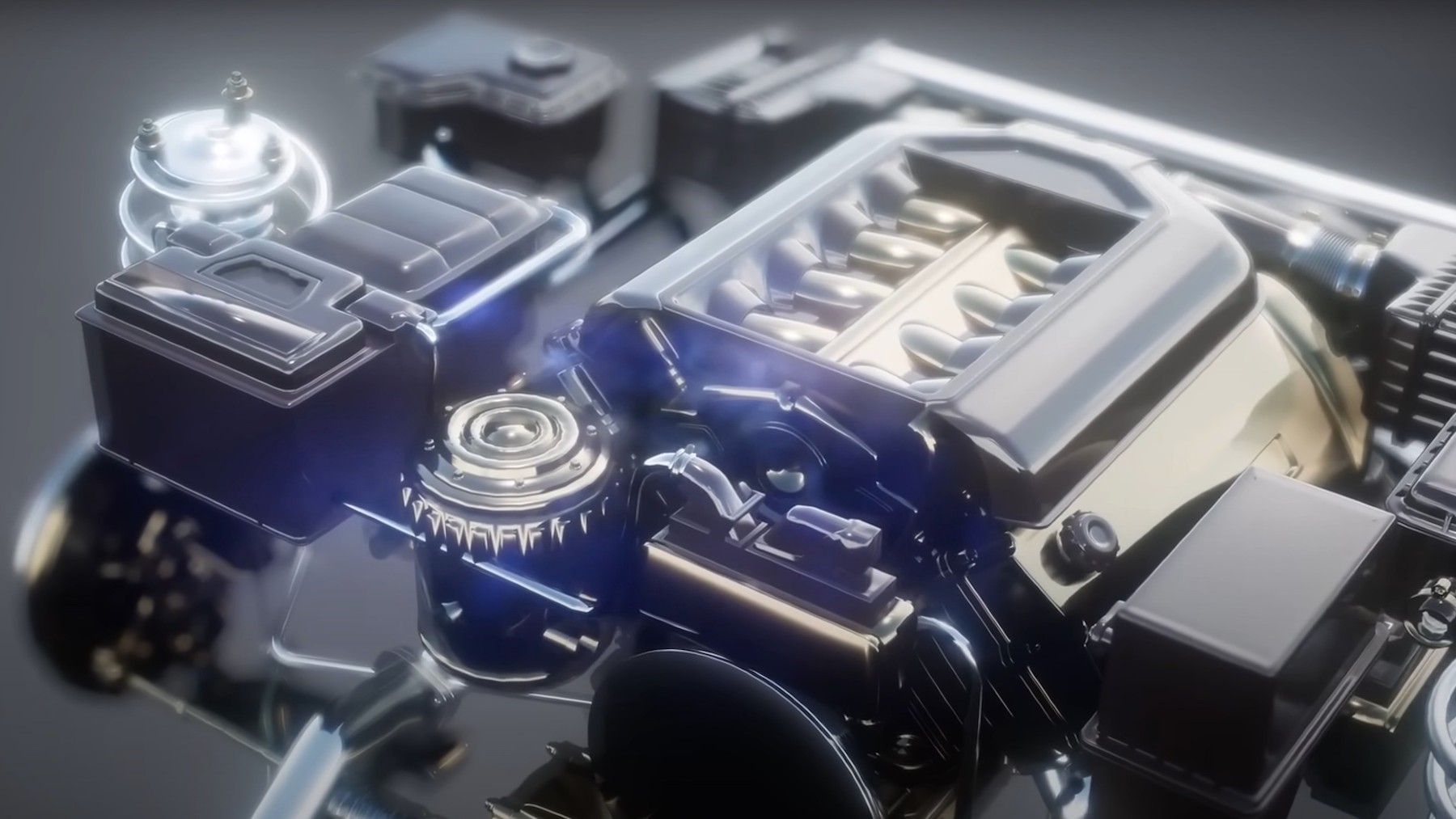Toyota's Ammonia Engine: Disrupting the Automotive Industry with a Game-Changing Fuel
Key Ideas
- Toyota steps away from EVs and hydrogen fuel cell tech due to production challenges and infrastructure limitations.
- Ammonia emerges as a high-energy density, green fuel alternative with potential for long-distance transportation in heavy-duty applications.
- Toyota introduces an ammonia-powered engine, potentially revolutionizing the automotive industry with its compatibility and efficiency.
Toyota, a leading automaker, has surprised the industry by shifting away from EVs and hydrogen fuel cell technology due to production challenges and infrastructure limitations. The company is now focusing on ammonia as a new fuel alternative that offers high energy density and green benefits. Ammonia, synthesized from non-fossil fuels, is seen as a promising solution for reducing carbon emissions and optimizing energy storage. Toyota has introduced an ammonia-powered engine, showcasing its potential to replace traditional vehicles with internal combustion engines. The technology is designed for efficiency and compatibility within current automotive platforms, potentially revolutionizing the industry's approach to sustainable fuel systems. With ammonia's logistical flexibility and energy storage capabilities, Toyota's new engine could significantly impact the development of future fuels, potentially overshadowing hydrogen and methanol in the race for automotive innovation.
Topics
Fuel Cells
Innovation
Sustainability
Automotive Industry
Future Technologies
Emissions Reduction
Fuel Technology
Energy Sources
Latest News
